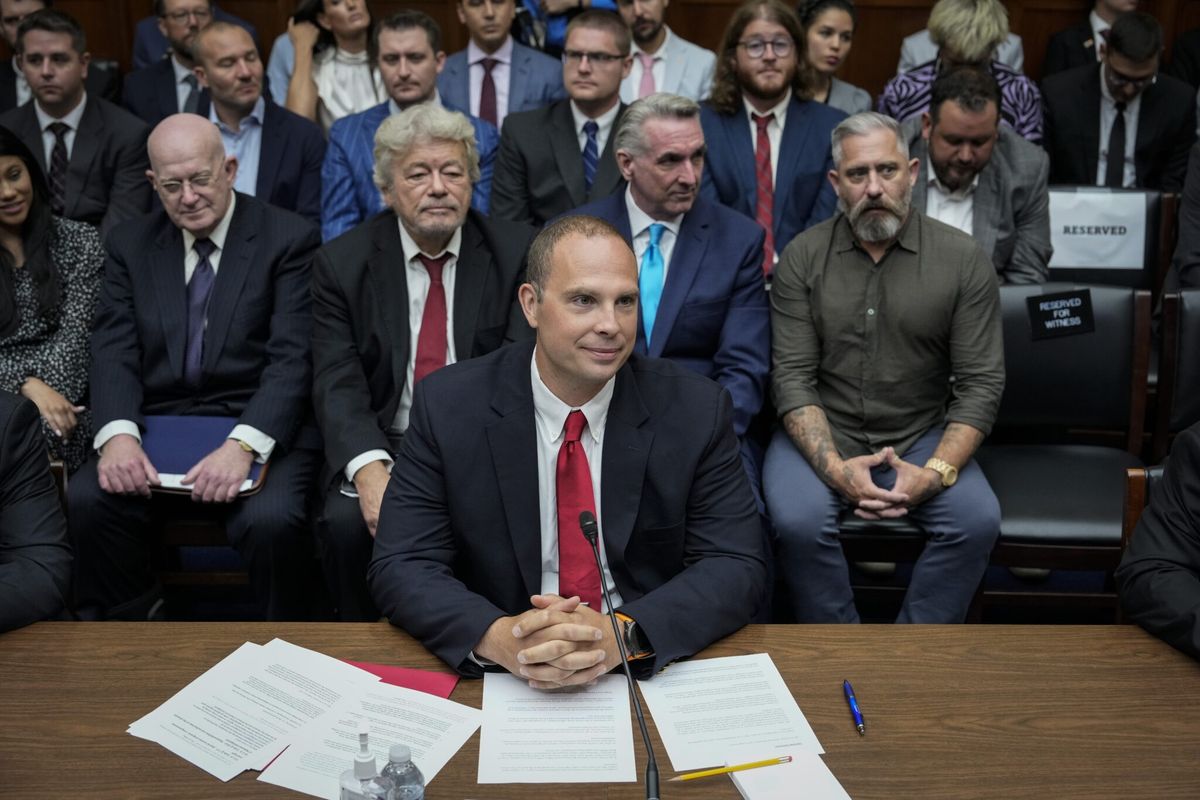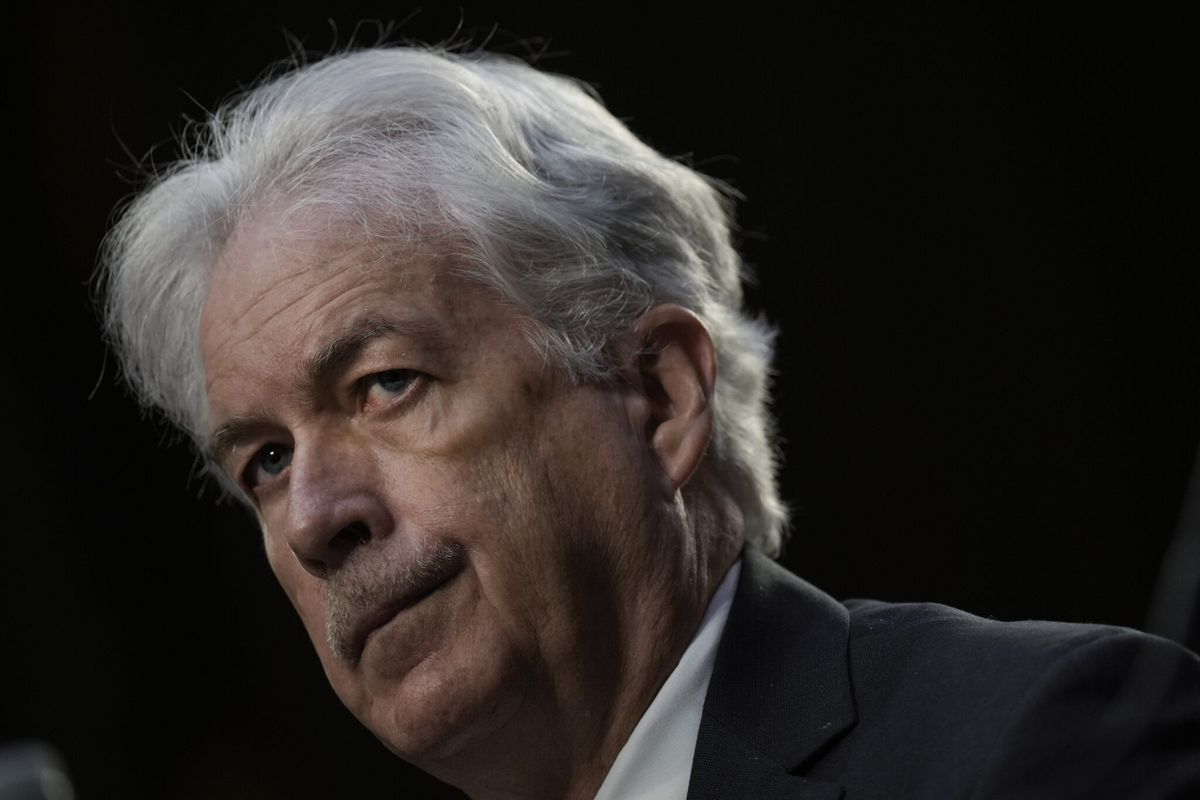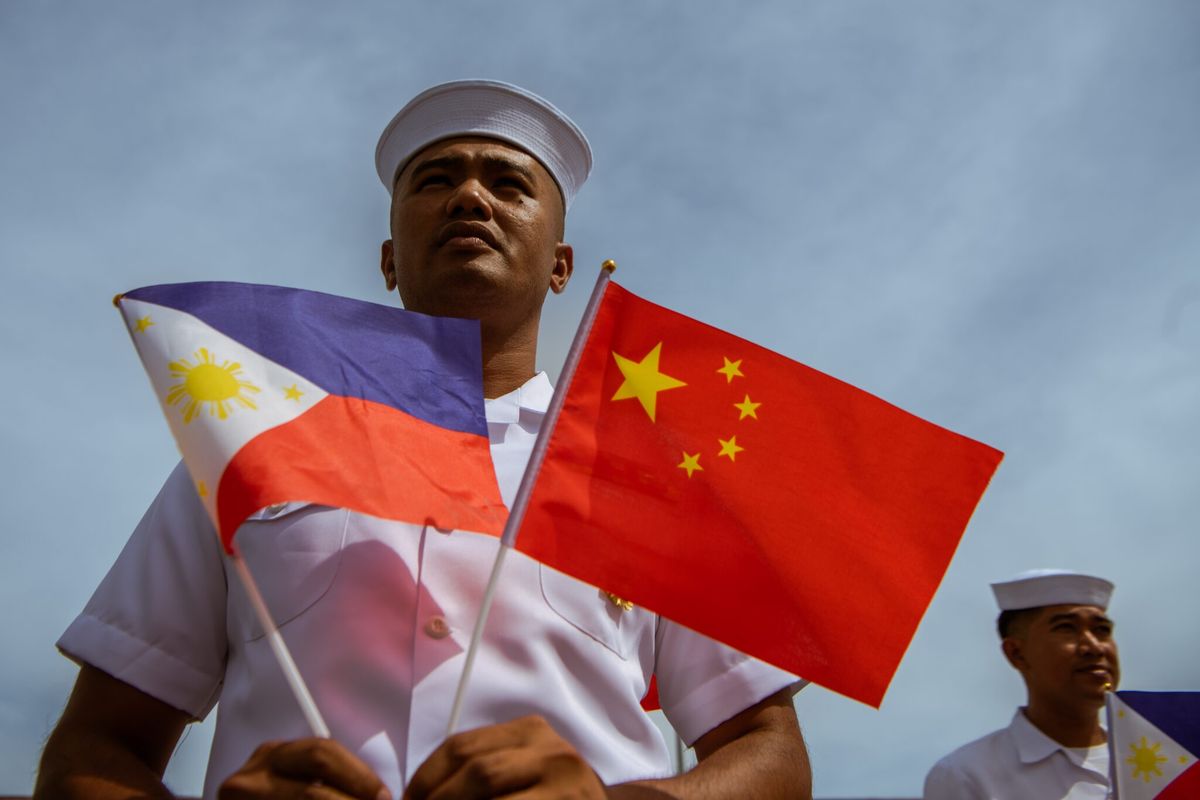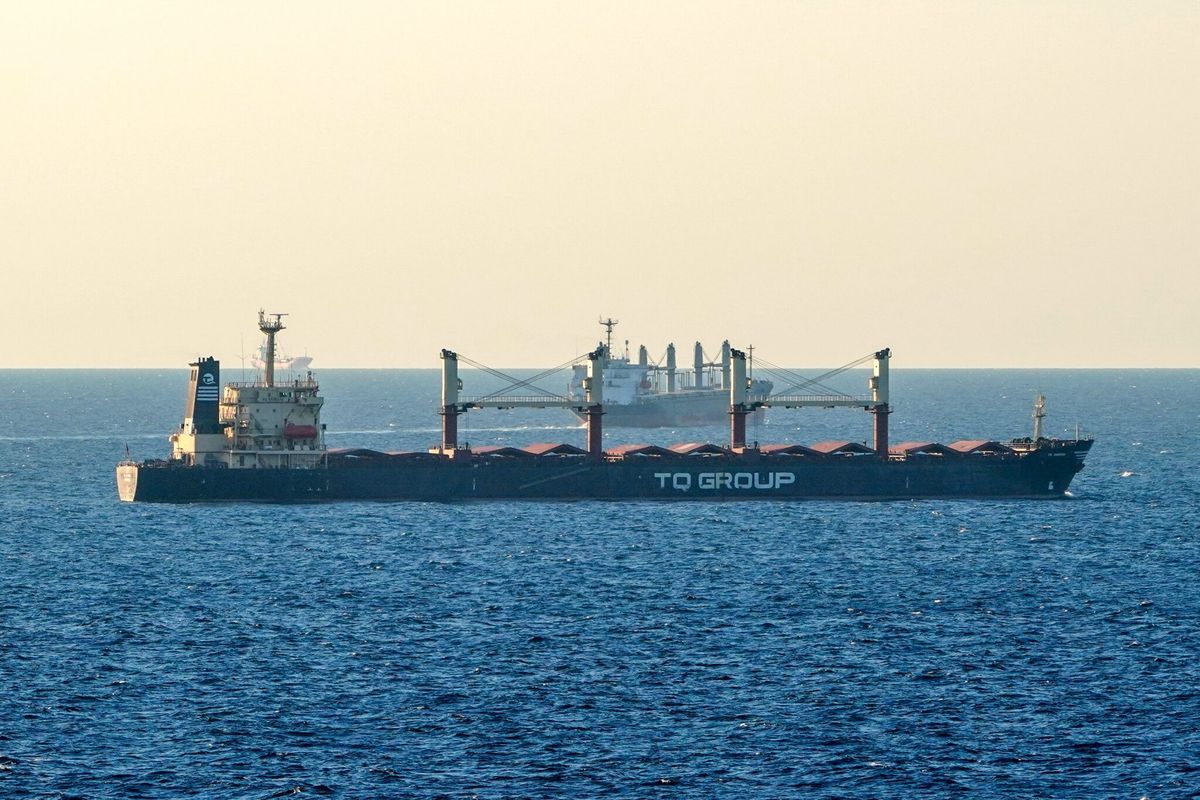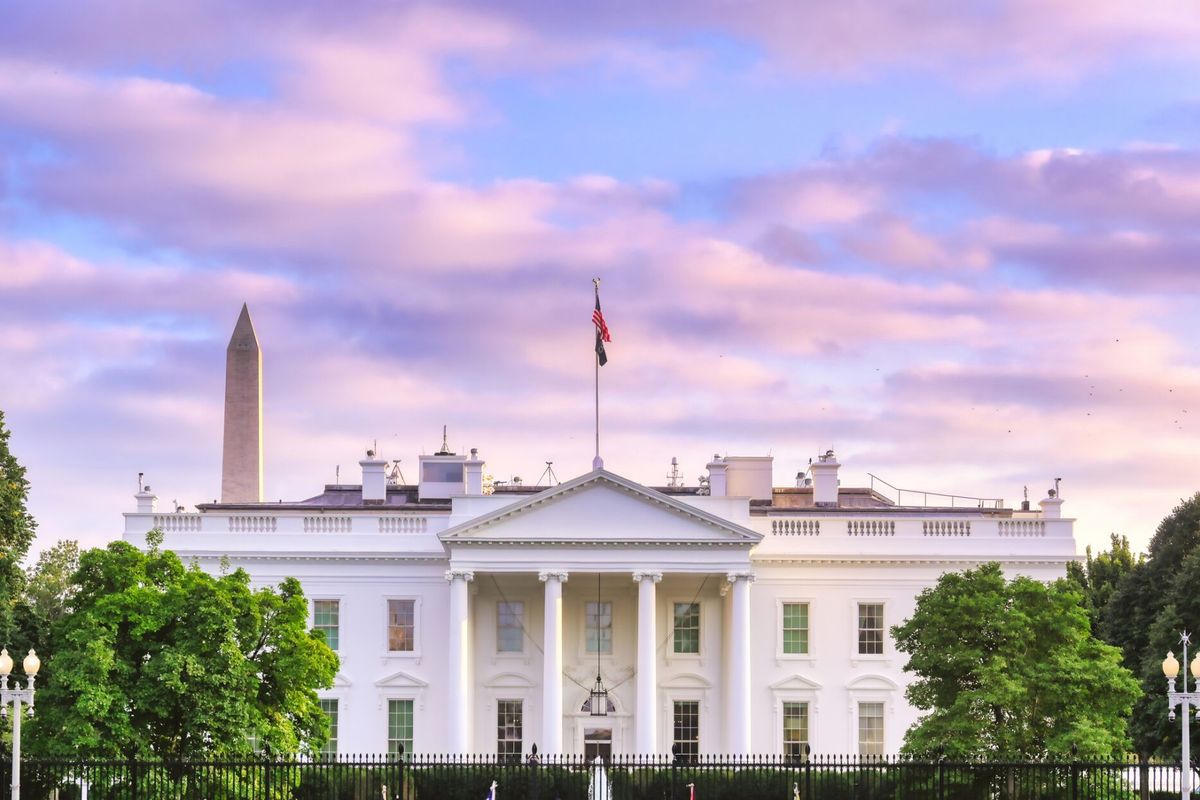CIPHER BRIEF REPORTING – With world attention focusing in on Turkey’s presidential run-off election, where incumbent Recep Tayyip Erdogan is locked in what is perhaps the most serious challenge of his career, global interest is homing in on a relative political outsider who could reshape a key, albeit complicated, NATO member.
Kemal Kilicdaroglu, who is seeking to end Erdogan’s two decades of power, despite earlier leads, is currently trailing in the polls ahead of Sunday’s vote. Whomever wins will ultimately direct Turkey during a period of soaring inflation, destroyed infrastructure – as a result of a massive 7.8 earthquake in February – and increasingly complex relationships with Russia, the West, the Middle East, and China.
"First of all, the most significant thing about it will be, if like the first round, it is more or less legitimate, and there is not a lot of election interference, that is an important thing in the region quite simply because of the size of the population, the high turn-out, and the importance of having any kind of democratic control," said Cipher Brief expert and former U.S. Ambassador to Turkey and Iraq, James Jeffrey, who also served as Special Representative for Syria Engagement and the Special Envoy to the Global Coalition To Defeat ISIS.
He then described Kilicdaroglu, a retired civil servant, as wielding a "very classic Western European, liberal, democratic, anti-monarchist, anti-religion world view."
And yet despite speculation surrounding Kilicdaroglu's candidacy, the old guard has shown staying power.
Sinan Oğan, a nationalist candidate who finished third in the first-round of voting, formally endorsed President Erdogan this week, after saying it was “important that [the] newly elected president is under the same [leadership] as the parliament.” And yet Kilicdaroglu’s endorsements from far-right nationalists have breathed fresh life into questions about his chances, while casting a sharper lens into the fate of the world's largest refugee population: Turkey hosts roughly 4 million refugees.
In a speech Thursday, Kilicdaroglu said he would “send all refugees back home once I am elected as president, period.”
Looking for a way to get ahead of the week in cyber and tech? Sign up for the Cyber Initiatives Group Sunday newsletter to quickly get up to speed on the biggest cyber and tech headlines and be ready for the week ahead. Sign up today.
Consistently polling as among the most important issues for Turkish voters, behind 1.) the economy and 2.) unemployment, a majority of those refugees hail from Syria. There, Turkey’s relationship with the U.S. has been especially fraught following America’s on-again off-again partnership with Kurdish fighters, which Ankara, under Erdogan, has often viewed as little more than an extension of an insurgency Turkey has battled for decades.
It is not clear how that relationship would change under Kilicdaroglu. But the topic has been a campaign touchstone in recent months. In April, Kilicdaroglu blamed Erdogan in a speech for inflaming ethnic tensions with Turkey’s Kurdish population for political expediency.
"Whenever we talk about elections, whenever the (presidential) palace sees that it will lose the elections, a collective stigma and treatment of the Kurds as terrorists begins,” he said in a video posted on Twitter. “It is shameful.”
Meanwhile, looking north, Kilicdaroglu’s team has also pledged a more westerly course, promising to unblock Sweden’s application to join NATO, repair Turkey’s record on human rights, and address questions of a politicized judiciary that have stalled European Union accession talks since 2018. A critic of the Kremlin, unlike the finer-line Erdogan has walked between the west and President Putin of Russia and President Xi of China, his candidacy is almost certainly being examined closely across the map. And yet observers also caution against critics who suggest Erdogan relationship with Putin has gotten too cozy.
"Erdogan has done all sorts of things that have been very hard on Putin," said Ambassador Jeffrey. [He has been blocking Putin's] and Assad's expansion in northwest Syria, blocking him in Libya, blocking [Putin's efforts] in his vassal state Armenia ... and of course Ukraine."
The Cipher Brief hosts expert-level briefings on national security issues for Subscriber+Members that help provide context around today’s national security issues and what they mean for business. Upgrade your status to Subscriber+ today.
Since Russia's invasion of Ukraine in February last year, Erdogan has indeed remained a public backer of Ukraine’s territorial integrity. And yet his policies, but particularly his rhetoric, have proven more of a balancing act.
"It is not possible for us to abandon either (country)," he reportedly said following Russia’s invasion.
In fact, trade between Ankara and Moscow roughly doubled last year, with Turkey remaining among Russia’s top five export partners. In March, following explosions that damaged Russia's Nord Stream gas pipelines, President Putin even proposed establishing Turkey, with its five LNG terminals, as a hub for Russian natural gas deliveries, bolstering trade channels through the Black Sea, despite western sanctions.
And as recent as last month, the U.S. imposed further sanctions against four Turkey-based firms for allegedly violating U.S. export controls with regard to the sale of "dual-use" technologies, such as microchips, which could presumably assist in Russia's war effort.
The aftermath of Sunday's ballot battle is thus expected to have global effects.





